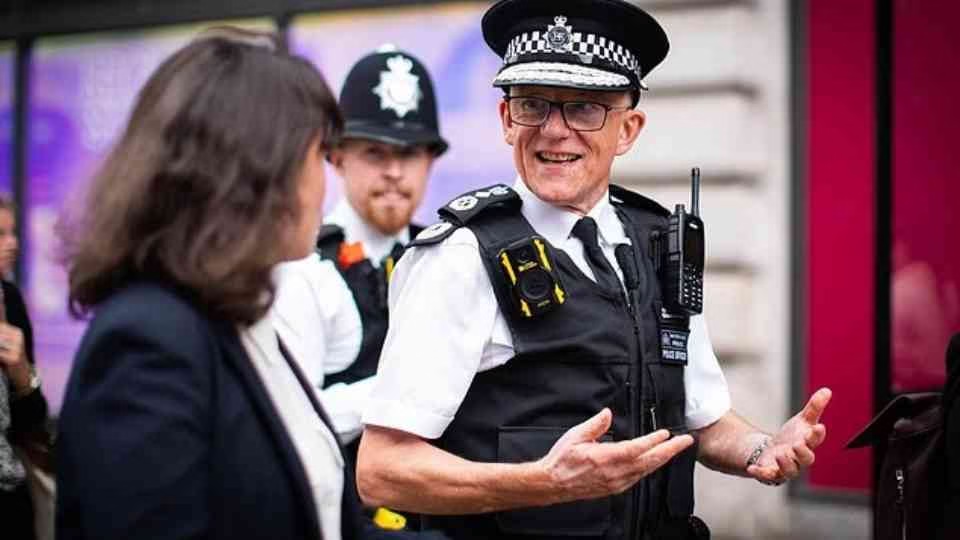Britain’s equality watchdog has declared the Metropolitan Police’s live facial recognition system unlawful, raising serious concerns about civil liberties as the technology expands across London.
The Equality and Human Rights Commission (EHRC) argues that Scotland Yard’s current safeguards are insufficient and breach fundamental human rights protections, potentially creating a “chilling effect” on citizens exercising their democratic freedoms.

Technology Under Legal Challenge
The controversy centers on a judicial review brought by privacy advocate Silkie Carlo from Big Brother Watch and community worker Shaun Thompson, who was allegedly mistreated after the system incorrectly flagged him as a criminal. The EHRC has been granted permission to join this legal challenge, lending significant weight to the case.
“The biometric data being processed is deeply personal,” explained EHRC chief executive John Kirkpatrick. While acknowledging the technology’s potential to combat serious crime, he emphasized that deployment must be “necessary, proportionate and constrained by appropriate safeguards.”
Rights at Risk
The watchdog specifically claims the Met’s policy violates three key articles of the European Convention on Human Rights:
- Article 8: Right to privacy
- Article 10: Freedom of expression
- Article 11: Freedom of assembly and association
These concerns take on particular significance as the Met prepares to deploy the technology at Notting Hill Carnival, where over one million people will gather for the annual celebration over the August bank holiday weekend.

Expanding Surveillance Network
Despite the legal challenges, authorities are pressing ahead with expansion plans. The Metropolitan Police recently announced it will increase usage from four deployments per week across two days to ten deployments weekly across five days throughout the capital.
Home Secretary Yvette Cooper has also defended national expansion plans, arguing the technology is essential for catching “high-harm” offenders.
Competing Perspectives
Metropolitan Police Commissioner Sir Mark Rowley has sought to address bias concerns, while a force spokesperson maintains their approach is “both lawful and proportionate, playing a key role in keeping Londoners safe.”
The Met points to Court of Appeal confirmation that police can use live facial recognition under common law powers, emphasizing their safeguards include automatic deletion of biometric data unless matches are found. They also cite independent research from the National Physical Laboratory helping configure the system to avoid discrimination.
However, privacy advocates remain unconvinced. Rebecca Vincent, interim director of Big Brother Watch, describes the situation as creating “a nation of suspects” where citizens can be “falsely accused, grossly mistreated and forced to prove our innocence.”
The Stakes
The legal challenge represents a critical test case for surveillance technology deployment across the UK. With no specific legislation governing live facial recognition use, the judicial review could set important precedents for balancing public safety with fundamental civil liberties.
As Vincent warns: “The rapid proliferation of invasive live facial recognition technology without any legislation governing its use is one of the most pressing human rights concerns in the UK today.”
The outcome of this legal battle will likely determine not just the future of facial recognition technology in London, but establish the framework for its use across Britain’s police forces.






